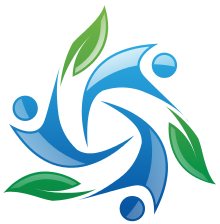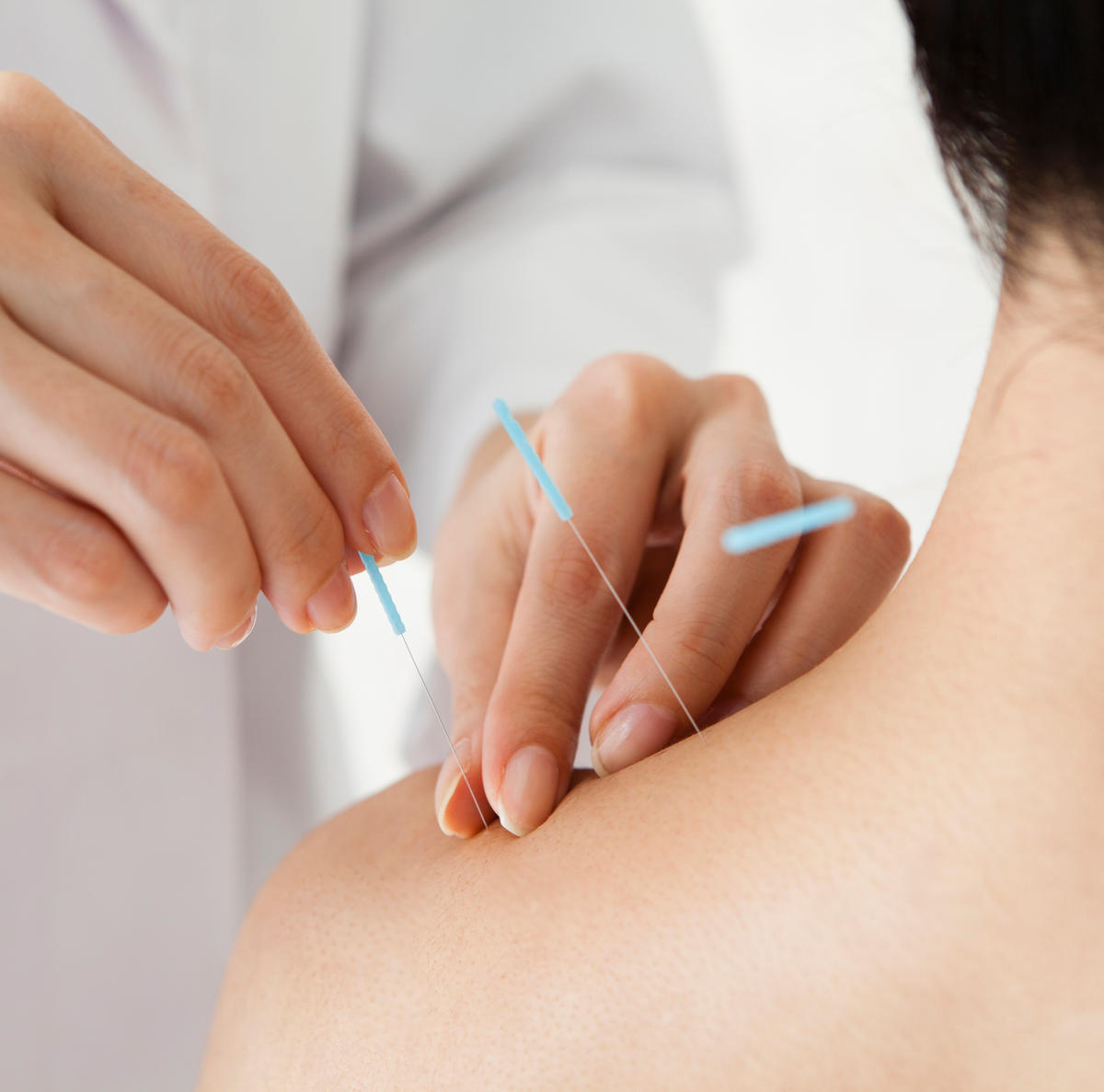Acupuncture
Our highly skilled practitioners integrate acupuncture with other complementary modalities, including herbal and dietary remedies, tui na (massage), Qi Gong (breathing exercises), and cupping, to provide a holistic approach to wellness.
Active Rehab Centre proudly offers a comprehensive range of acupuncture services, rooted in the ancient tradition of Traditional Chinese Medicine (TCM).
With a legacy dating back thousands of years, acupuncture involves the precise and gentle insertion of disposable, ultra-thin, solid needles into specific points on the body. At Active Rehab Centre, our dedicated team of experts harnesses the power of acupuncture to promote balance and facilitate positive changes within the body's systems.
By accessing these targeted points, our acupuncture treatments aim to alleviate pain, optimize energy flow, enhance overall well-being, and address a myriad of health concerns. We take pride in tailoring our acupuncture sessions to meet the unique needs of each individual, ensuring a personalized and effective approach to healing and restoration.
Modern scientific research has shed light on the mechanisms behind acupuncture's therapeutic effects. Studies have demonstrated that acupuncture stimulates the immune system, bolstering its ability to combat pathogens and enhance overall immunity.
Ancient theories regarding acupuncture perceive it as a means of rectifying imbalances or obstructions in the flow of Qi, commonly understood as vital energy, within the intricate network of channels or meridians that traverse the body. As science has advanced, we now possess a deeper understanding of the physiological changes that take place throughout and following an acupuncture session. These include heightened immune response, the activation of endorphin release, modulation of serotonin and noradrenaline levels, improvements in circulation, and the application of the gate control theory.
Moreover, the insertion of acupuncture needles triggers the release of endorphins, which are natural pain-relieving compounds that contribute to a sense of well-being and relaxation. Furthermore, acupuncture has been shown to influence the levels of neurotransmitters such as serotonin and noradrenaline, which play crucial roles in mood regulation and pain modulation.
Additionally, acupuncture has been found to have notable circulatory effects. The precise placement of needles promotes local vasodilation, enhancing blood flow to the targeted areas. This increased circulation not only delivers vital nutrients and oxygen but also aids in the removal of metabolic waste products, promoting tissue healing and regeneration.
One prominent theory that aligns with the observed analgesic effects of acupuncture is the gate control theory. According to this theory, the stimulation of specific nerve fibers by acupuncture needles activates inhibitory pathways within the central nervous system. These pathways effectively "close the gate" to pain signals, dampening their transmission and reducing the perception of pain.
By integrating these scientific explanations with the ancient theories of Qi and meridians, we gain a more comprehensive understanding of acupuncture's therapeutic potential. At our clinic, we combine this wealth of knowledge with our expertise to provide personalized acupuncture sessions that address imbalances, promote overall well-being, and harness the body's innate healing capacity.
Experience the time-honored art of acupuncture at Active Rehab Centre, where our skilled practitioners combine ancient wisdom with modern techniques to guide you towards improved health and vitality.
Learn more at Acupuncture Canada’s official website.
-
According to the World Health Organization (WHO), diseases, symptoms or conditions for which acupuncture has been proved-through controlled trials-to be an effective treatment includes:
◌ Allergic rhinitis (including hay fever)
◌ Depression
◌ Dysmenorrhoea
◌ Facial pain
◌ Headache
◌ Hypertension
◌ Induction of labour
◌ Morning sickness
◌ Nausea and vomiting
◌ Neck, Knee, & Lower Back pain
◌ Periarthritis of shoulder
◌ Postoperative pain
◌ Rheumatoid arthritis
◌ Sciatica
◌ Sprain
◌ Stroke
◌ Tennis elbow
-
Acupuncture should not be painful when performed by a qualified practitioner however; some patients do report sensations such as tingling, aching, heaviness etc. As many patients become very relaxed during treatment, it is normal to feel slightly ‘off’ after treatment. This may include feeling dazed, calm or peaceful, unable to focus or concentrate. As everyone responds differently to treatment, some patients may feel the relaxation described above, whereas others may feel energized. If you are unsure how you will respond to treatment you may elect to have someone drive you home. On occasion, you may experience increased discomfort for hours or even up to 1-2 days following a treatment, or the feeling that the needles are still retained, both of which are very common. It is important to listen to your body after you receive acupuncture, rest when your body tells you, drink extra water or herbal teas and remain active with gentle stretching.
It is best to wear loose, comfortable clothing to allow access to the area of complaint. It’s never a good idea to receive an Acupuncture treatment on an empty stomach so make sure to have a light snack prior to treatment.
-
For most chronic ailments, it has taken time for the condition to develop and as such, it is unrealistic to expect resolution after 1-2 treatments. Most conditions respond favourably to frequent sessions at the onset (twice per week) however; more intense concerns may require more attention. One of the greatest strengths of TCM lies in prevention of illness with many patients continuing with monthly ‘tune ups’ to ensure their body is functioning at peak performance.
Get started now.
1. You can book your appointment here, or contact us with your preferred method.
2. Not ready to book yet? Try a free consultation.
3. You can speak to the team member of your choice.
4. Get treated and start feeling better sooner rather than later.








